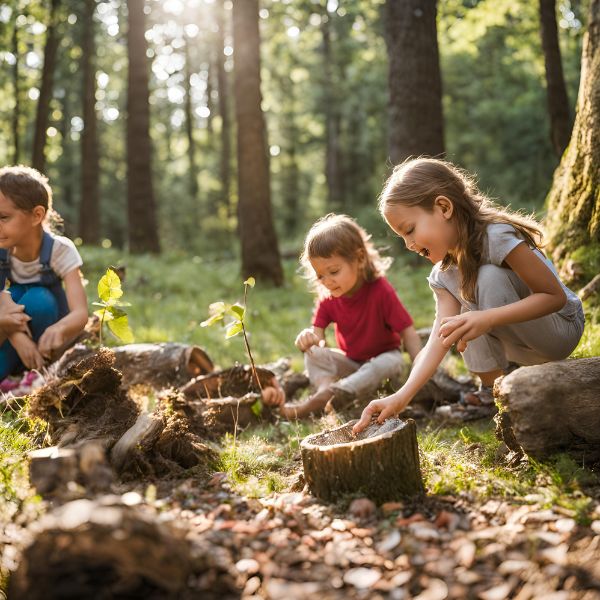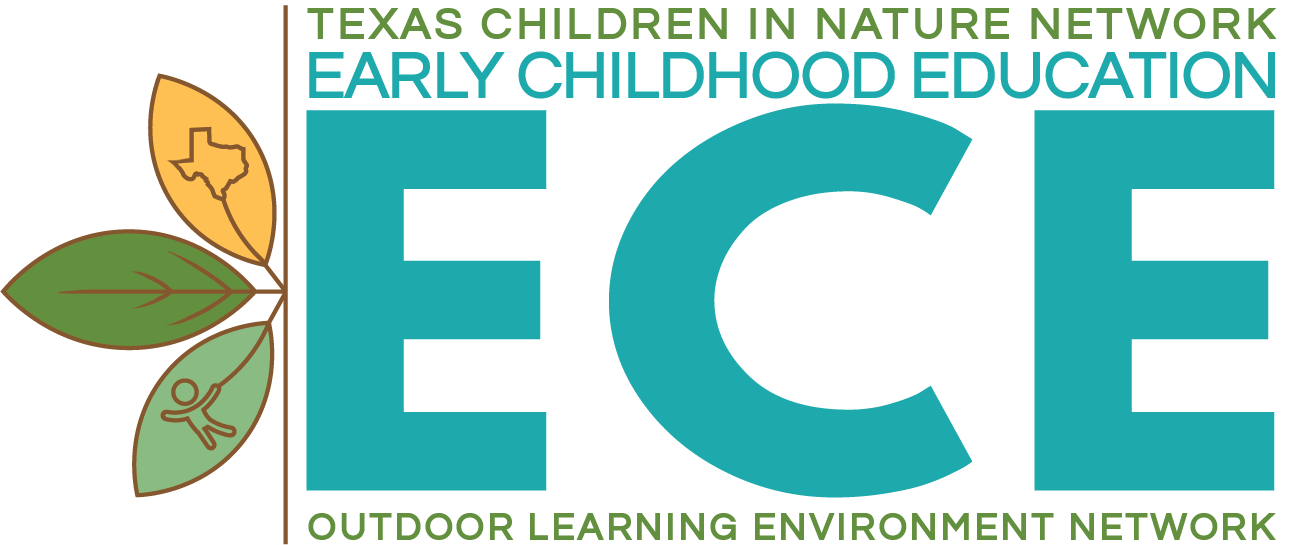Webinars

Become a PATHFINDER to gain access to our free bank of webinars where experts from across the state and nationally share research, answer your questions, spark new ideas, and support your amazing work in helping kids become physically active and connected to nature!
View a few of our favorites here to keep learning and growing your outdoor learning program!
Plants and Children Grow Healthy Together
Outdoor learning environments encourage diversity of children’s play experience and contribute to healthy development. Plants offer young children a variety of experiences and discoveries by stimulating their senses, providing loose parts for creative play, and encouraging children to crawl, jump, and tunnel as they connect to the natural cycles around them.
In this webinar review research relating to the benefits nature has on child development. Parents, educators, and landscape designers will learn which plants enhance learning experiences in early childhood programs, schoolyard classrooms, and backyards. The plants highlighted are approved for childcare licensure and balance qualities that engage children with plant selection and care practicalities.
OLE! Best Practices for Outdoor Learning Environments
Curious about behavioral settings and looping pathways in playground design? In this webinar Beth Edwards from Green Space Learning discusses and provides a detailed look at best practice indicators established by The Natural Learning Initiative (NLI) in the College of Design at NC State University. These practices are the foundation for OLE! Texas certified playgrounds and they can even be adapted to level up spaces used by older children.
Nature Connection for Early Childhood Learners
Connecting young audiences with nature has significant benefits for families and the world, fostering proactive behaviors towards environmental conservation well into adulthood. Nature-based programming and play enhance children's academic performance, cognitive abilities, socio-emotional skills, and physical health. Outcomes include increased creativity, critical thinking, problem-solving, and reductions in ADHD symptoms. These positive effects also extend to parents and families, creating communities with higher inclusion, diversity, and environmental engagement. Nature-based education models, both traditional and emerging, deserve attention, discussion, and research for their potential to promote sustainability and community involvement.
In this webinar, four experts in the field of early childhood and nature-based learning discuss these topics and more. Panelists include a university professor who has done extensive research on the development of preschoolers' relationships with nature, a childcare center director who has seamlessly incorporated nature-based learning into a NAEYC accredited school, a nature-based preschool director whose school is part of a zoo, and a leader in a community outreach center for environmental sustainability operated by San Antonio College that offers programming for families with young children.

